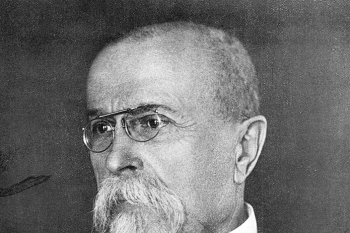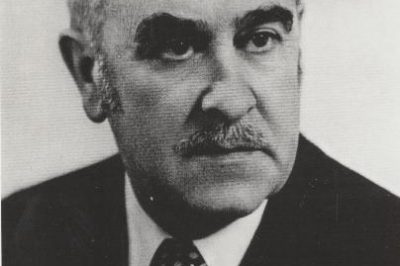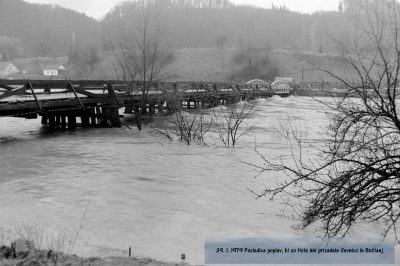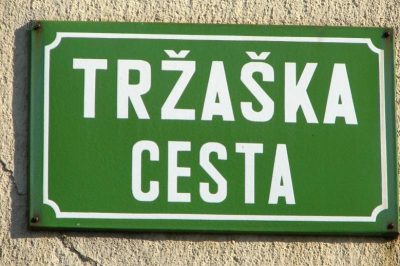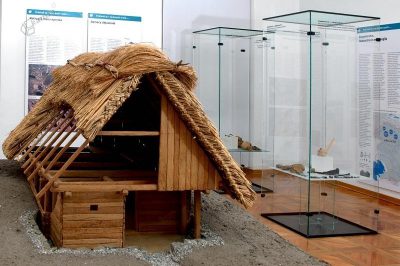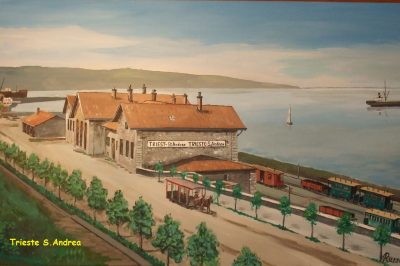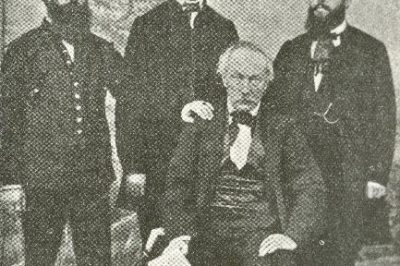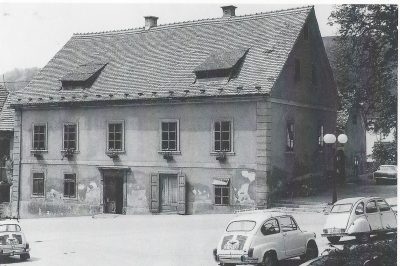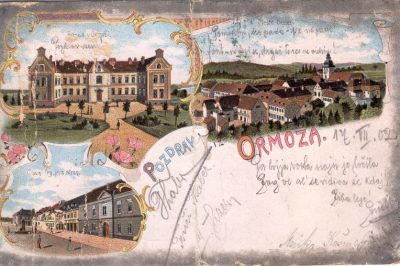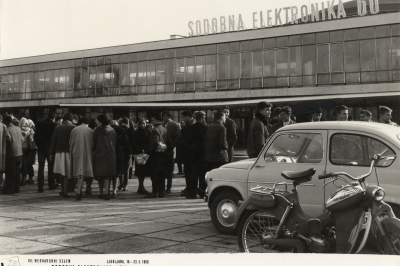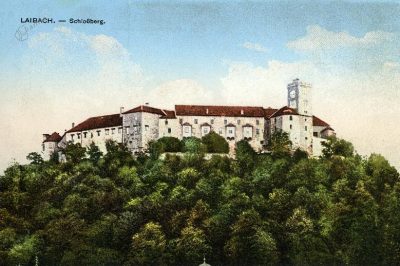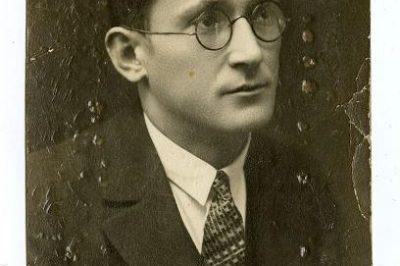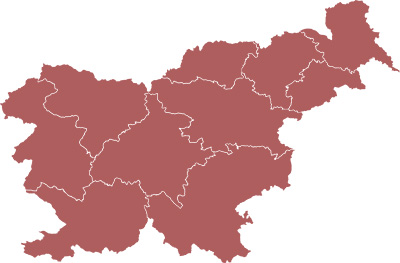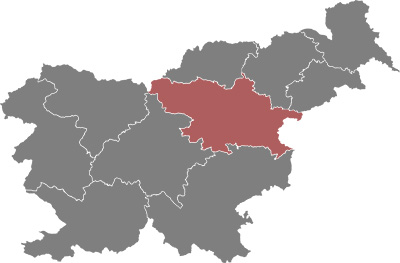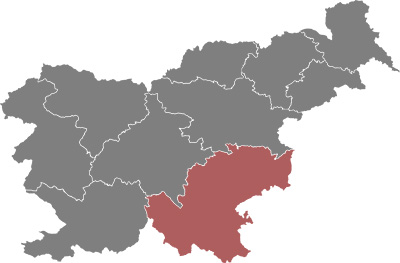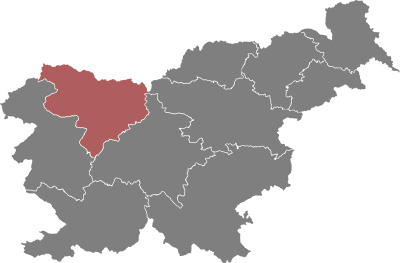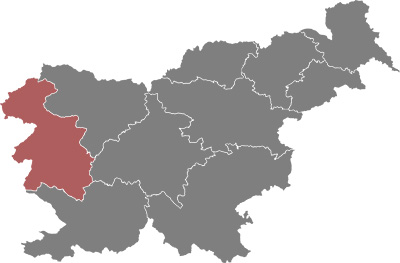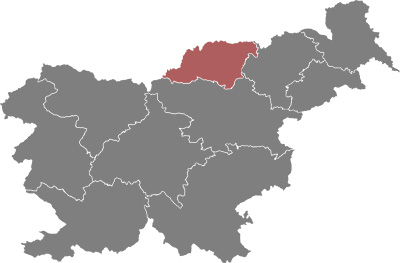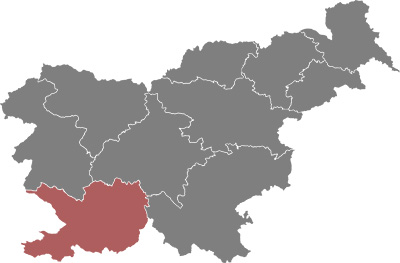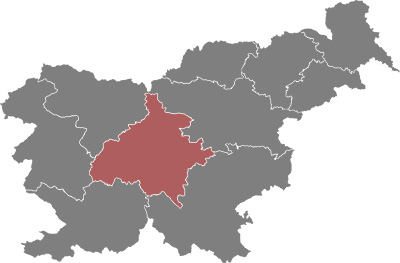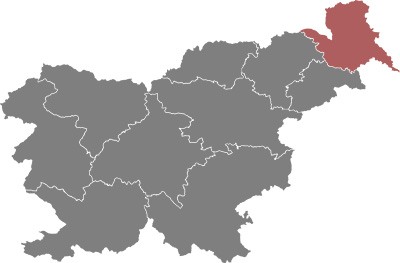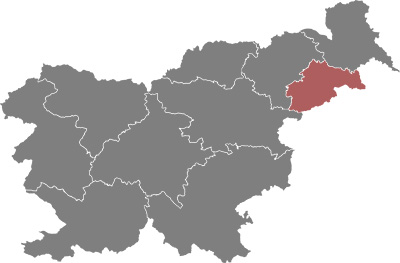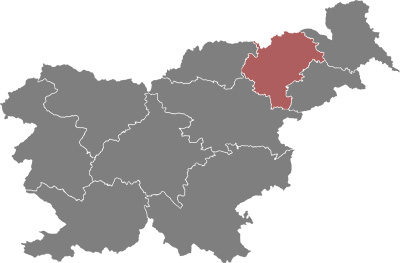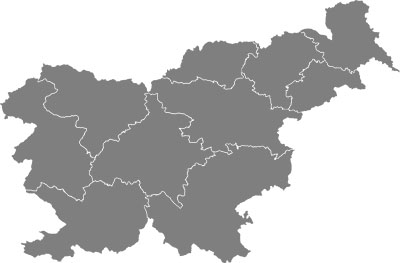Tomáš Masaryk was born on March 7, 1850, in Hodonín, Moravia. His father, a Slovakian from the village of Kopčany, who worked at the Imperial Estates of Hodonín (Moravian Slovakia), married a Czech woman, Terezie Kropáčková. They had four boys – Tomáš, Jan, Martin, Ludvík and a daughter Františka.
Masaryk was from a poor working-class family and was at first supposed to learn to be a blacksmith. But after he met professor Ludvik from his home village, he was offered a job as his assistant. At first he helped at the local school, with no salary. He also played piano and organ in church on weekdays and recited in Latin at funeral services, but often did not understand what he was saying. That became one of the main reasons why he decided to study Latin language.
Masaryk studied classical philology, namely Latin and Greek at the Faculty of Arts of the University of Vienna. He also studied philosophy, psychology, sociology, aesthetics and economics. During his internship in Leipzig, he met his future wife Charlotte Garrigue (an American), whom he married in the United States, and took her family name as his middle name. They had five children together: Alica, Herbert, Jan, Eleanor and Olga.
In 1879 he completed his habilitation thesis titled Suicide as a mass social phenomenon of the present, and he started working as lecturer in philosophy at the University of Vienna. From 1882 he lectured at the Czech University of Prague where he was awarded the title of professor. The subjects he specialized in were history of philosophy, basics of psychology, logic, history and sociology.
Masaryk formed his views on the issue of Czech history and presented the Czech political program. He presented himself as a political thinker, whose views had a solid moral and religious basis. He became a known symbol of resistance against racial and political injustice.
After the outbreak of the First World War he decided to stand up against Austria-Hungary, seeing the possibility of the liberation of the Czechs and Slovaks, and in December 1914 he went into exile (Switzerland, France and the United Kingdom) where he acted as a representative of the anti-Habsburg resistance. Together with Edvard Beneš and Milan Rastislav Štefánik, they founded the Czechoslovak National Council in Paris (France) in 1916 and Masaryk became the head of the Council.
On November 14, 1918, Tomáš Garrigue Masaryk was elected the first president of the Czechoslovak Republic during his absence by the Revolutionary National Assembly of Czechoslovakia in Prague. In December 1918 he returned to Prague. He was elected to the presidential office again in 1920, 1927, and 1934. He served as the first president until December 14, 1935, when he abdicated for health reasons.


